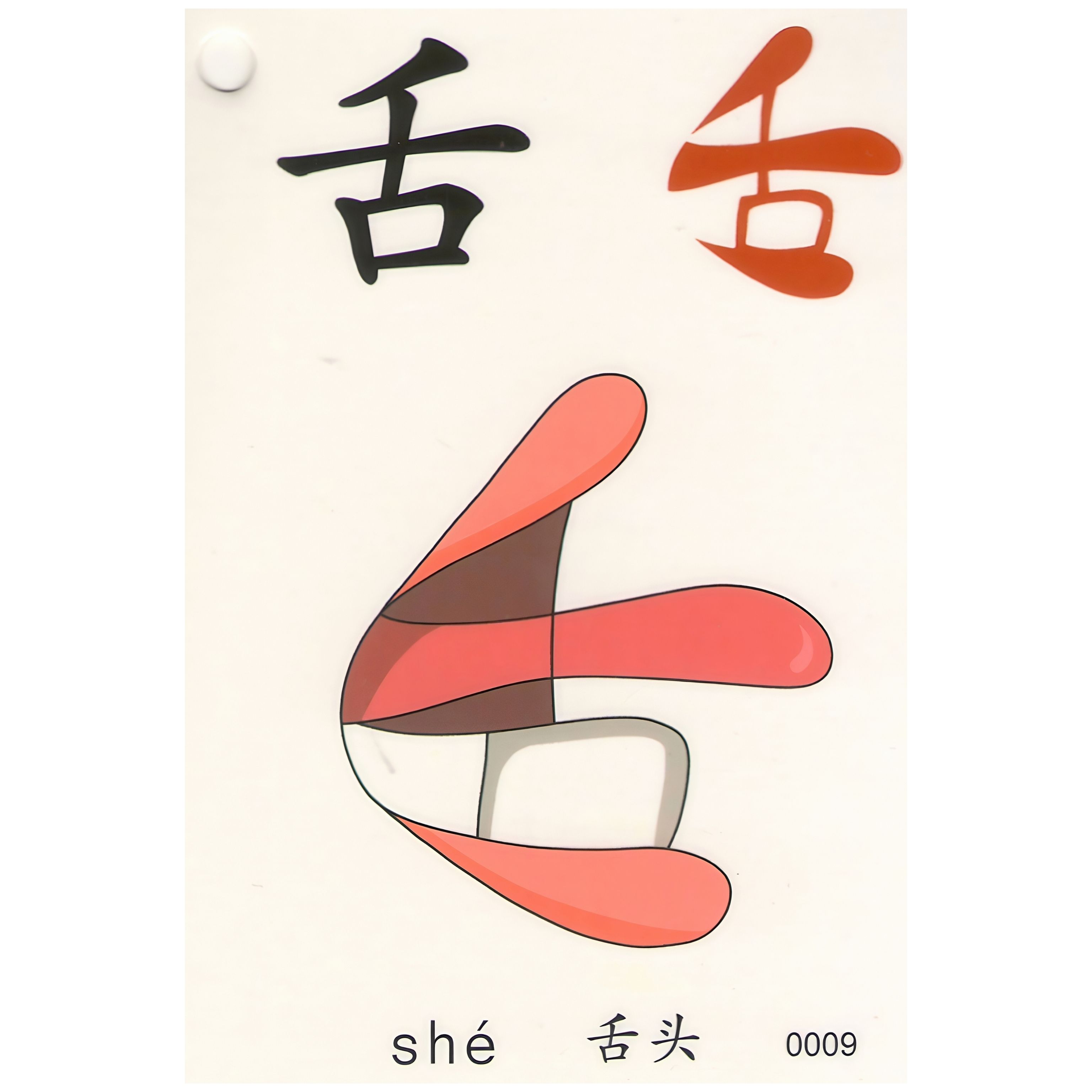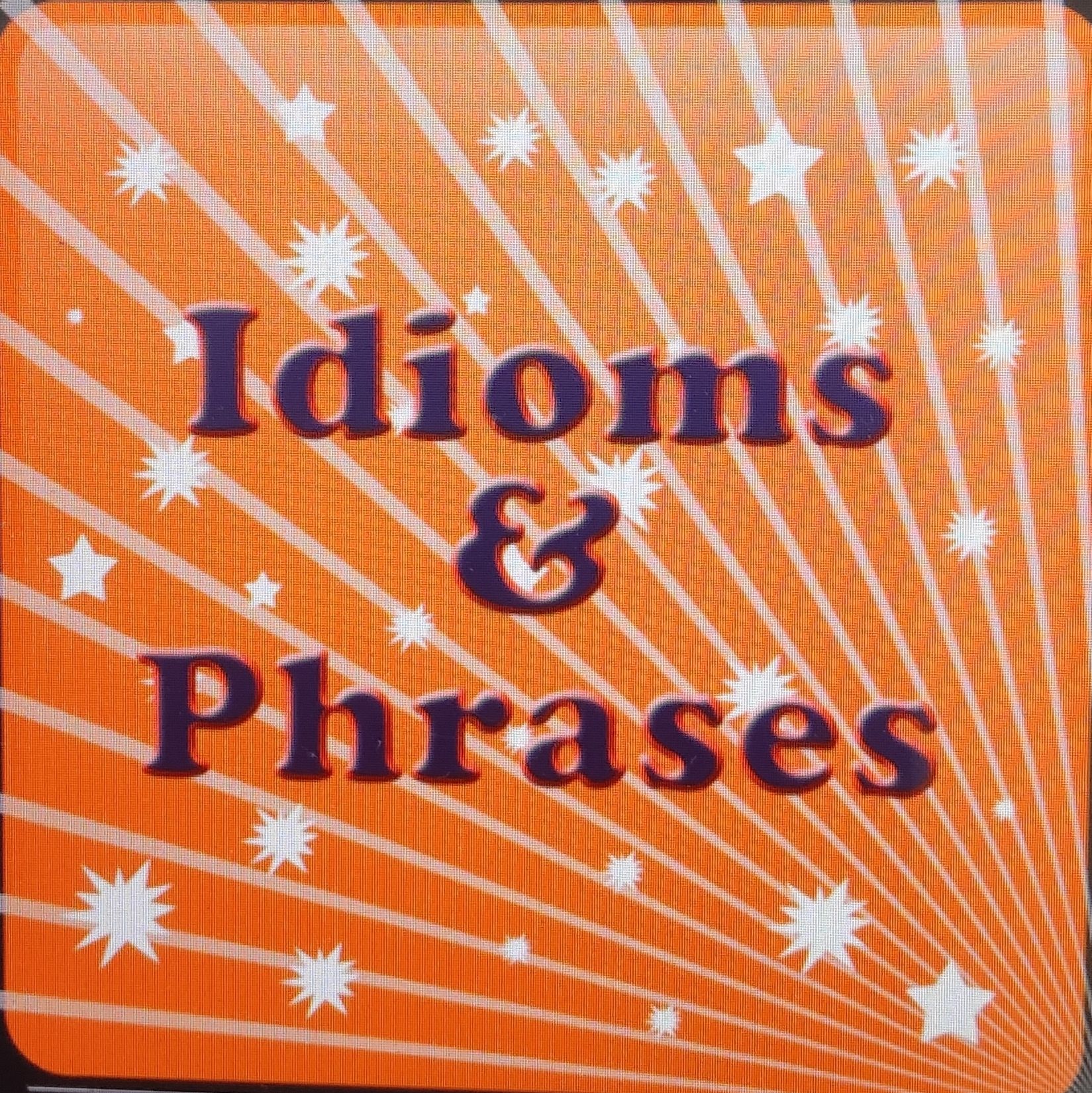搜尋自 英語 {1} 教師……

舌
說明
The character "舌" is composed of the radical "舌" (tongue) itself. It is a pictographic character, resembling a tongue extending from a mouth.
Meaning (字义)
The character "舌" primarily means "tongue." It can also extend to meanings related to speech and taste.
Usage (用法)
"舌" is commonly used in words and phrases related to the tongue, speech, or taste.
Example Words (例词)
1.舌头 (shé tou) - tongue
他咬了自己的舌头。 (Tā yǎo le zìjǐ de shé tou.)
He bit his tongue.
2.口舌 (kǒu shé) - quarrel, dispute (literally "mouth and tongue")
他们之间有很多口舌。 (Tāmen zhījiān yǒu hěnduō kǒu shé.)
There are many quarrels between them.
3.舌尖 (shé jiān) - tip of the tongue
舌尖尝味道。 (Shé jiān cháng wèidào.)
The tip of the tongue tastes flavors.
Example Sentences (例句)
他用舌头舔冰淇淋。 (Tā yòng shé tou tiǎn bīngqílín.)
He licks the ice cream with his tongue.
她的舌头很灵活。 (Tā de shé tou hěn línghuó.)
Her tongue is very flexible.
用舌头说话。 (Yòng shé tou shuō huà.)
Speak with the tongue.
Summary
The character "舌" is related to the tongue and its functions, including tasting and speaking. Its usage is straightforward and can be found in common expressions and daily language.
Four-Character Idiom (四字成语)
成语: 舌战群儒 (shé zhàn qún rú)
Meaning (意义)
"舌战群儒" literally means "to battle a group of Confucian scholars with one's tongue." It refers to using eloquent speech to argue and defeat a group of scholars or debaters.
Usage (用法)
This idiom is used to describe a situation where someone wins an argument or debate against multiple opponents through the power of speech.
Example Sentence (例句)
在辩论会上,他舌战群儒,赢得了观众的掌声。 (Zài biànlùn huì shàng, tā shé zhàn qún rú, yíngdé le guānzhòng de zhǎngshēng.)
At the debate competition, he eloquently argued against a group of scholars and won the audience's applause.
Podcast 頻道
每日一字
創作者
Podcast全集

How To Use 1.走下坡路2.没戏3.节骨眼儿 in Chinese Colloquial Idioms

Episode 5 : I will keep you in the loop

Anita Malfatti

Boosting determination

【Japanese Podcast#31】この言葉(ことば)言(い)わないで!|Don't say this word

(全中文 Advanced Chinese, HSK5+) 新加坡初体验

News article: Women stopped from returning home after cosmetic surgery

To Prop Up
熱門集數

A Course in Chinese Colloquial Idioms
How To Use 1.走下坡路2.没戏3.节骨眼儿 in Chinese Colloquial Idioms

English for Work with James
Episode 5 : I will keep you in the loop

Português Pindorama
Anita Malfatti

English Psychology Podcasts
Boosting determination

NANAのにほんごpodcast
【Japanese Podcast#31】この言葉(ことば)言(い)わないで!|Don't say this word

Chillchat (Learn Chinese and Chill)
(全中文 Advanced Chinese, HSK5+) 新加坡初体验

Listen to English with Pip
News article: Women stopped from returning home after cosmetic surgery

Teacher Joseph's Podcast
To Prop Up